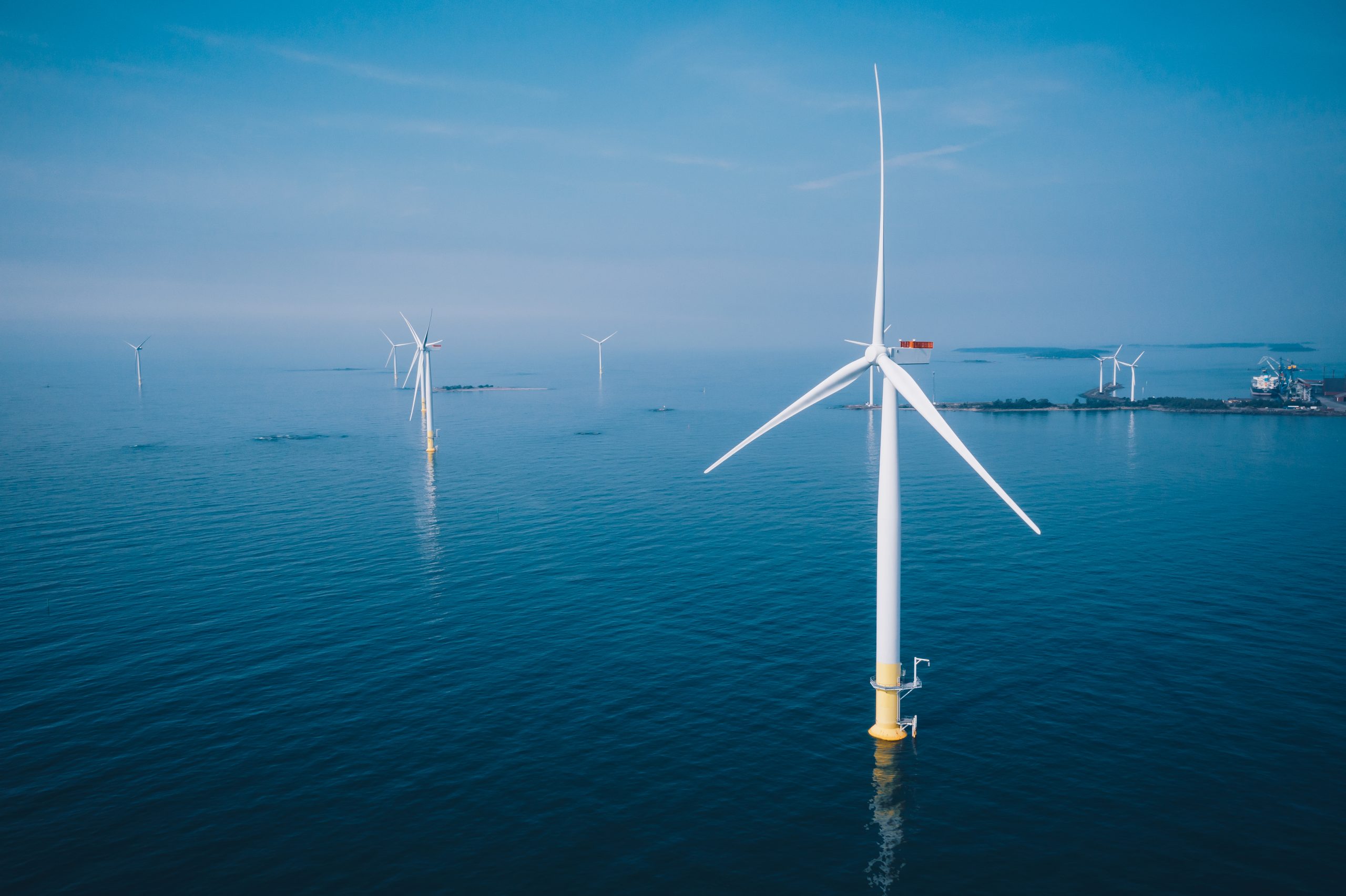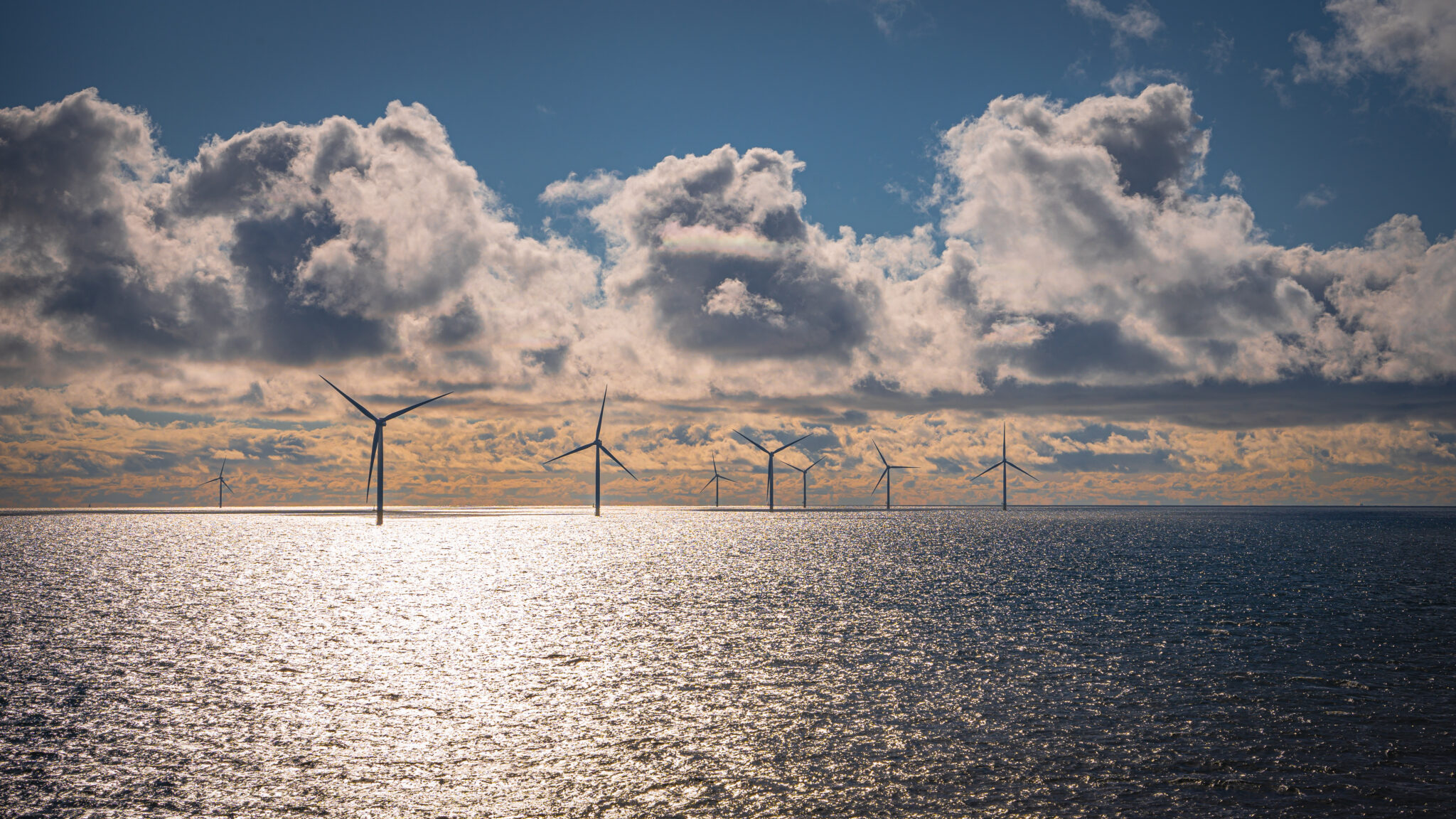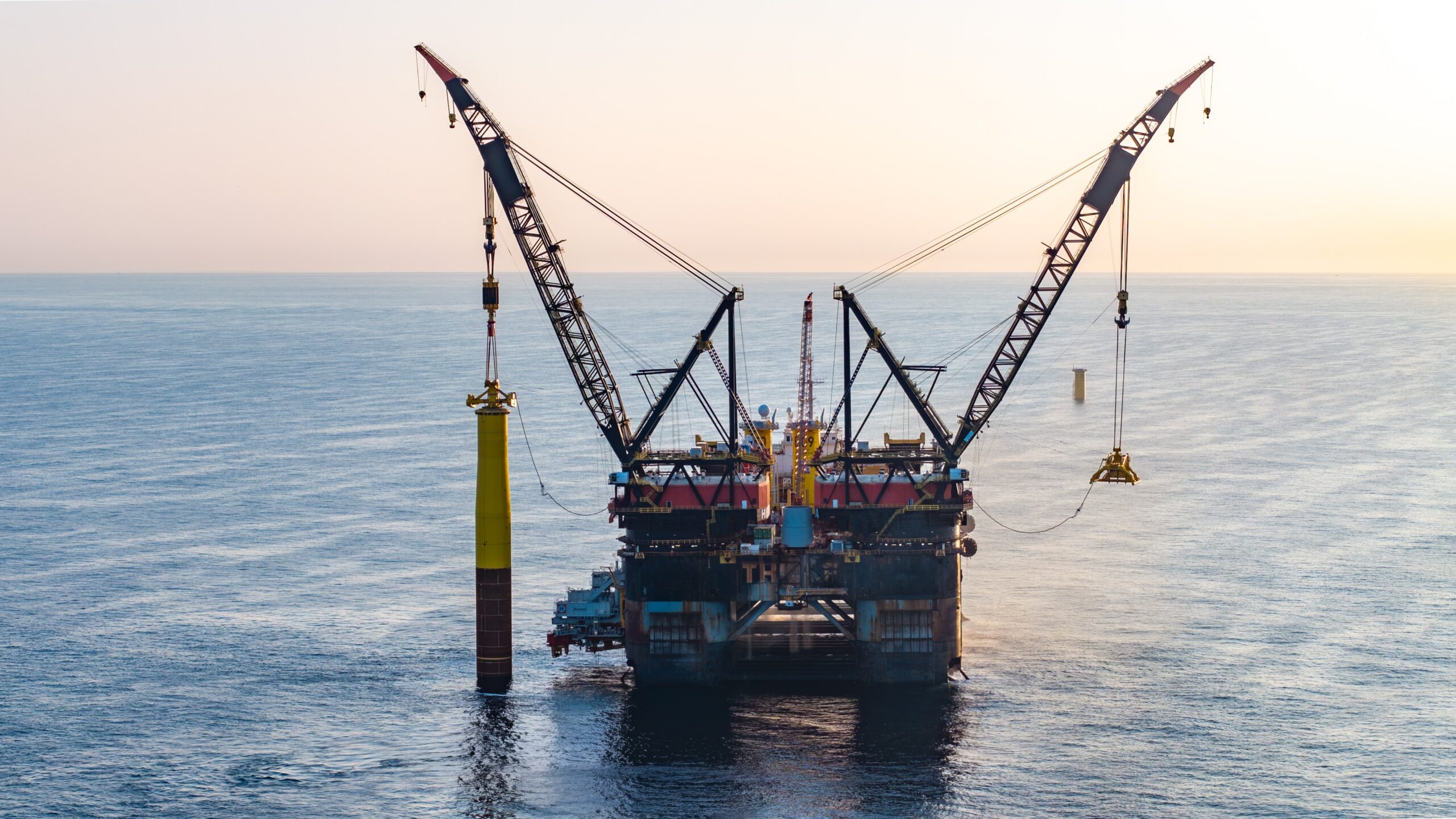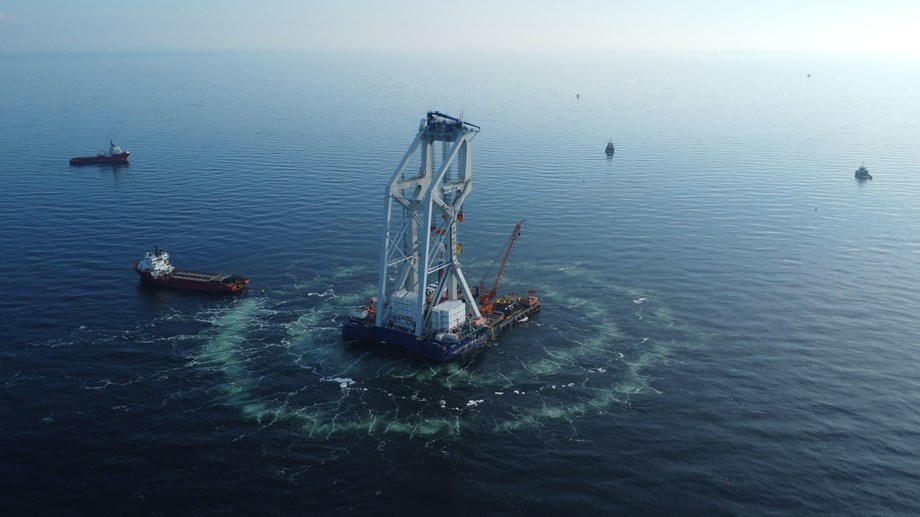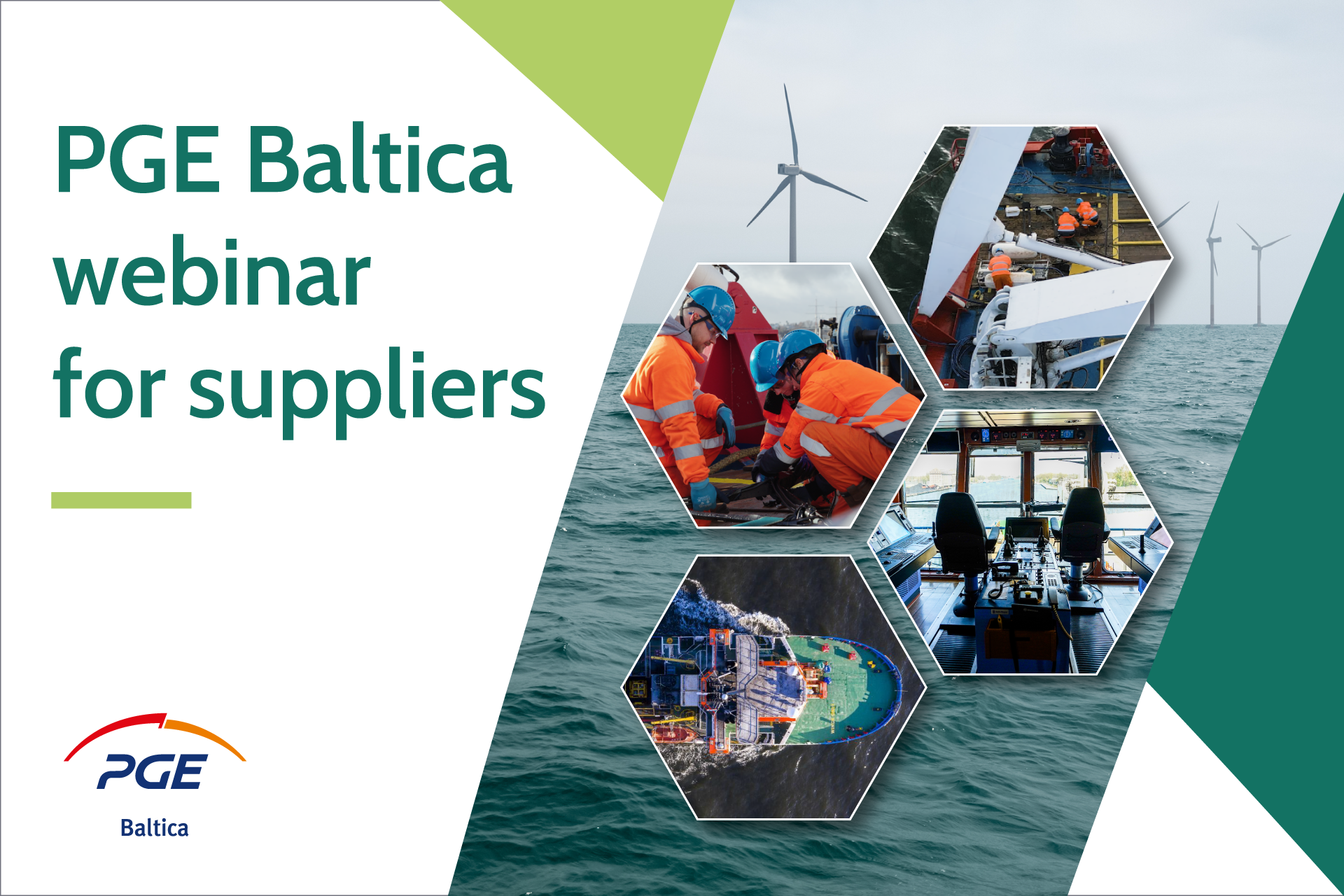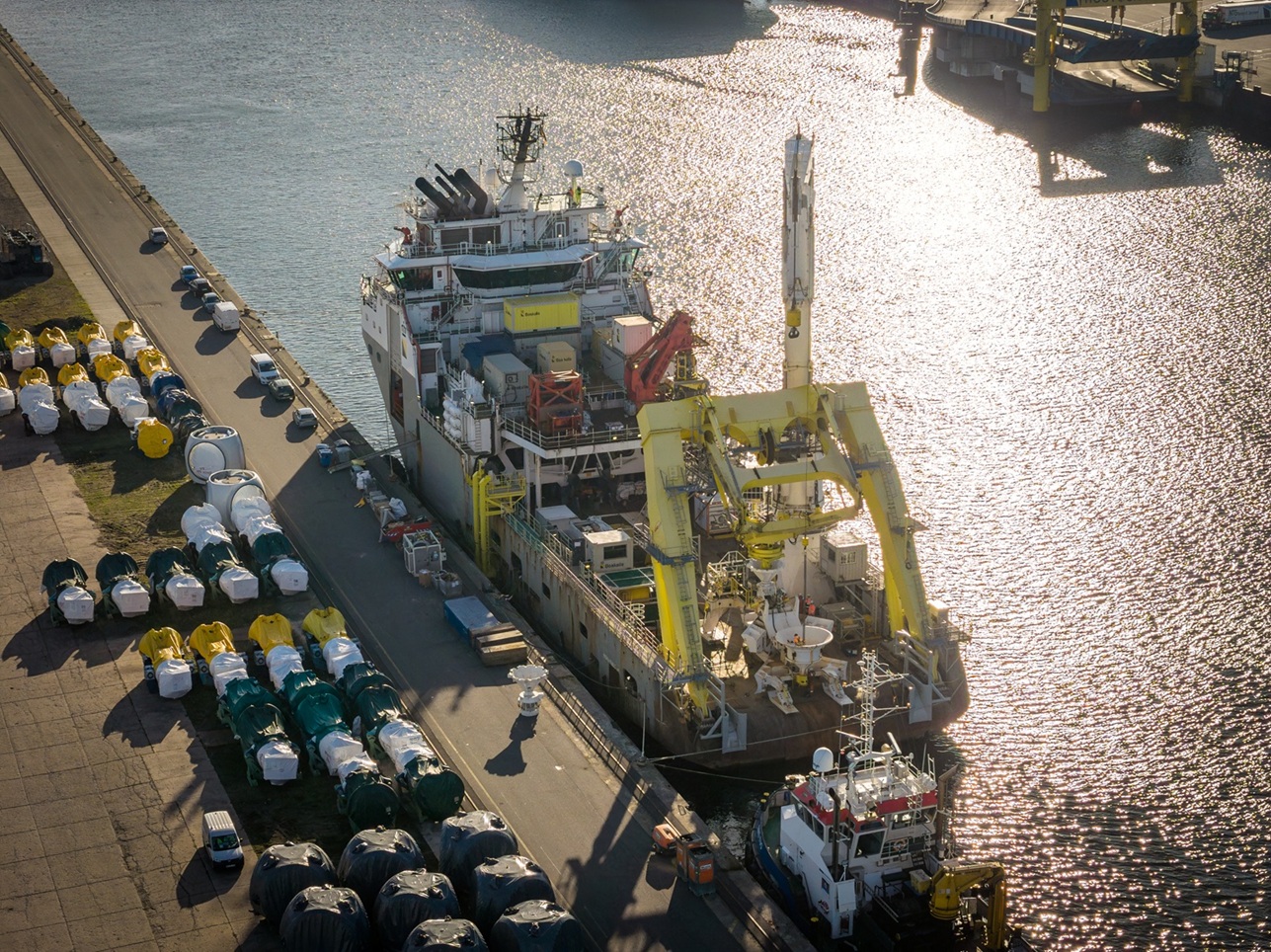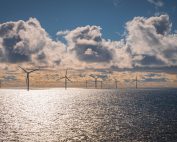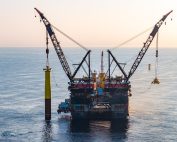Most new offshore wind farms in Denmark are established after a tendering procedure, however, the Open Door procedure is also applicable. In the Open Door procedure, a project developer takes the initiative to establish an offshore wind farm of a self-selected size and location.
In such a scenario, The Energy Agency must grant three permits before offshore wind turbines can be installed. These are a feasibility study permit, an establishment permit and an energy use permit. The permits are issued as the project progresses. Hence, each permit is a prerequisite for the subsequent. During the authorisation process, the Danish Energy Agency consults the other relevant authorities.
A project starts when the Danish Energy Agency receives an unsolicited application from the project developer. In the first instance, this is the application for permission to carry out feasibility studies in the self-selected area.
The application must at least include a description of the applicant, a detailed description of the planned project, the expected scope of the feasibility studies, the size and number of wind turbines and the geographical delimitation of the project, as well as the expected connection to the electricity grid.
As part of the one-stop-shop concept, Danish Energy Agency initiates a hearing of other government bodies to clarify whether there are other major public interests that could block the implementation of the project before the Danish Energy Agency actually begins processing an application.
Suspension pending clarification of EU legal issues
On 6 February, The Danish Energy Agency informed that it suspended the processing of offshore wind projects and other renewable energy projects under the Open Door scheme.
The Ministry of Climate, Energy and Energy Supply, in dialogue with the Government’s State Aid Secretariat, has assessed that the granting of permits for offshore wind and other renewable energy projects under the Open Door scheme may be in breach of EU law.
The Danish Energy Agency has therefore suspended the processing of all pending cases under the open-door scheme until its relationship with EU law has been further investigated. The same will apply to any new applications.
Threat to climate ambitions
According to Green Power Denmark, such a decision constitutes a significant threat to green transition and considers the government’s act of “gamble with climate ambitions”.
“This is completely unprecedented. The government is suddenly slamming the door on the green transition with a bang, sending shockwaves through the entire green energy sector. Companies have done a huge amount of groundwork and are ready to build more green energy, and then the government pulls the plug on the ‘open door’ scheme at the 11th hour. This is simply not on. It is a break with the way we have historically conducted energy policy in Denmark and creates enormous uncertainty about green investments,” says Kristian Jensen, CEO of Green Power Denmark.
According to Green Power Denmark, the ‘green light’ to proceed and receive permits for feasibility studies (the first out of three required permits issued by DEA) should be given to projects that were ready to go. In the meantime, the government could resolve outstanding legal and political issues without slowing down the green transition. The decision is certainly unexpected, given the recent announcement of the Danish Energy Agency on 31 August last year, that 47 applications under Open Door scheme have been received since 4 April 2022. Additionally, the Agency informed that due to high interest in the scheme, it decided to send further six applications for regulatory hearings. (more details and the list of applicants are available in our article)
The association further comments: “The decision is a huge blow to our climate ambitions. Now we are left with the planned nine gigawatts of offshore wind, where tenders have not even started. At the same time, we see the expansion of wind turbines and solar cells on land creeping along. We are in a situation where we urgently need green power for our 2030 climate targets, Power-to-X ambitions and goal of becoming a net exporter of green power.”
Next steps
The Danish Energy Agency has informed the relevant stakeholders and will communicate to them on an ongoing basis on the further process for each case. The Danish Energy Agency will clarify the issues raised as soon as possible, with the assistance of the relevant ministries
Source: Danish Energy Agency, Green Power Denmark
